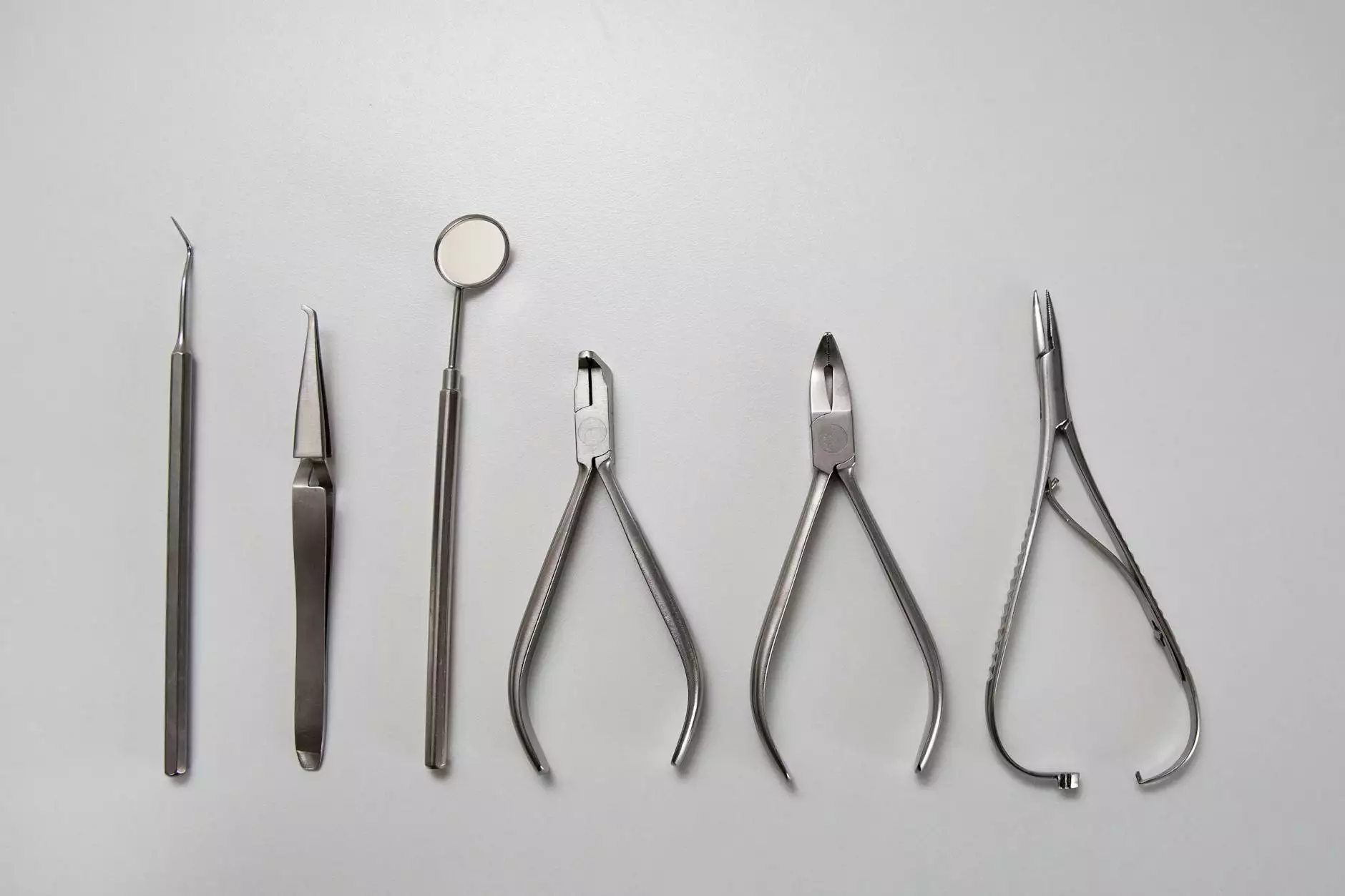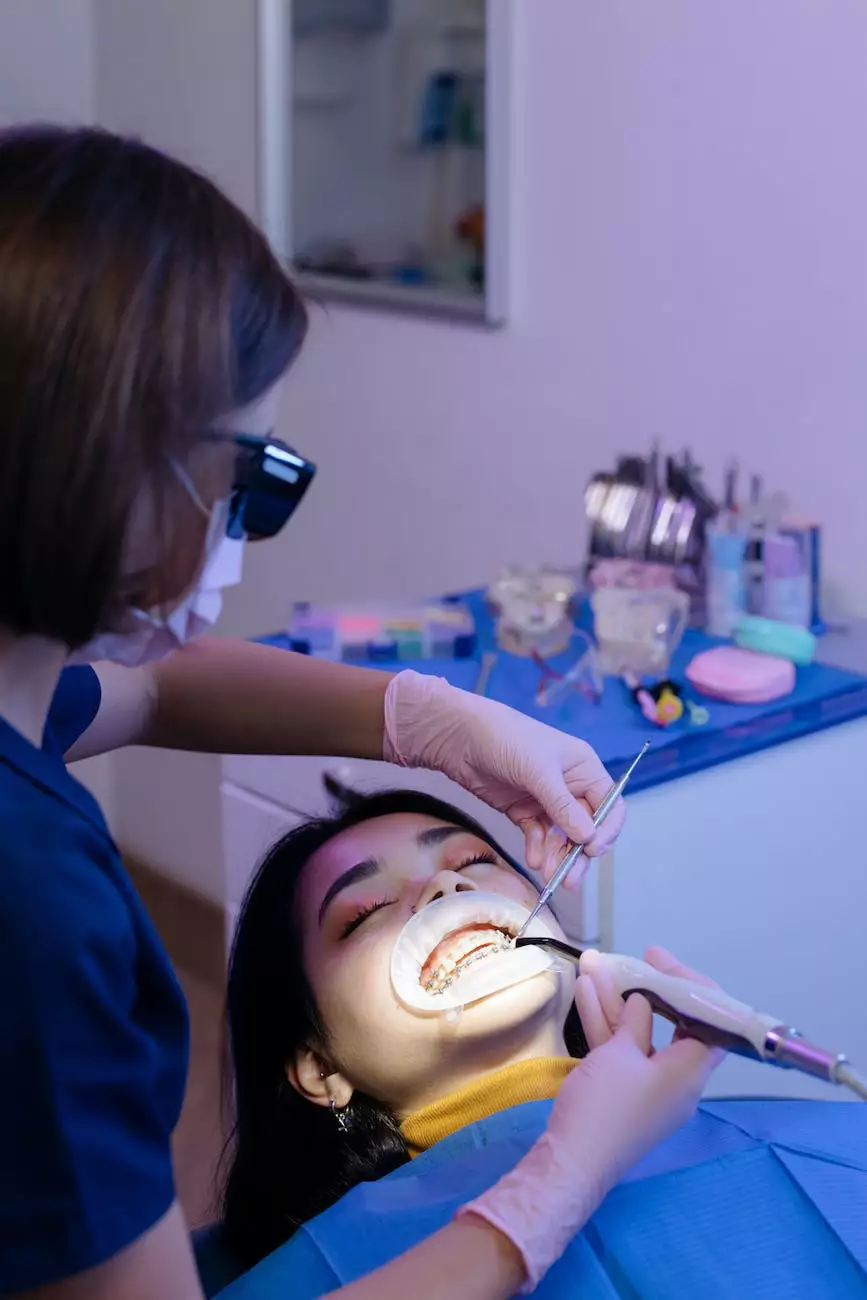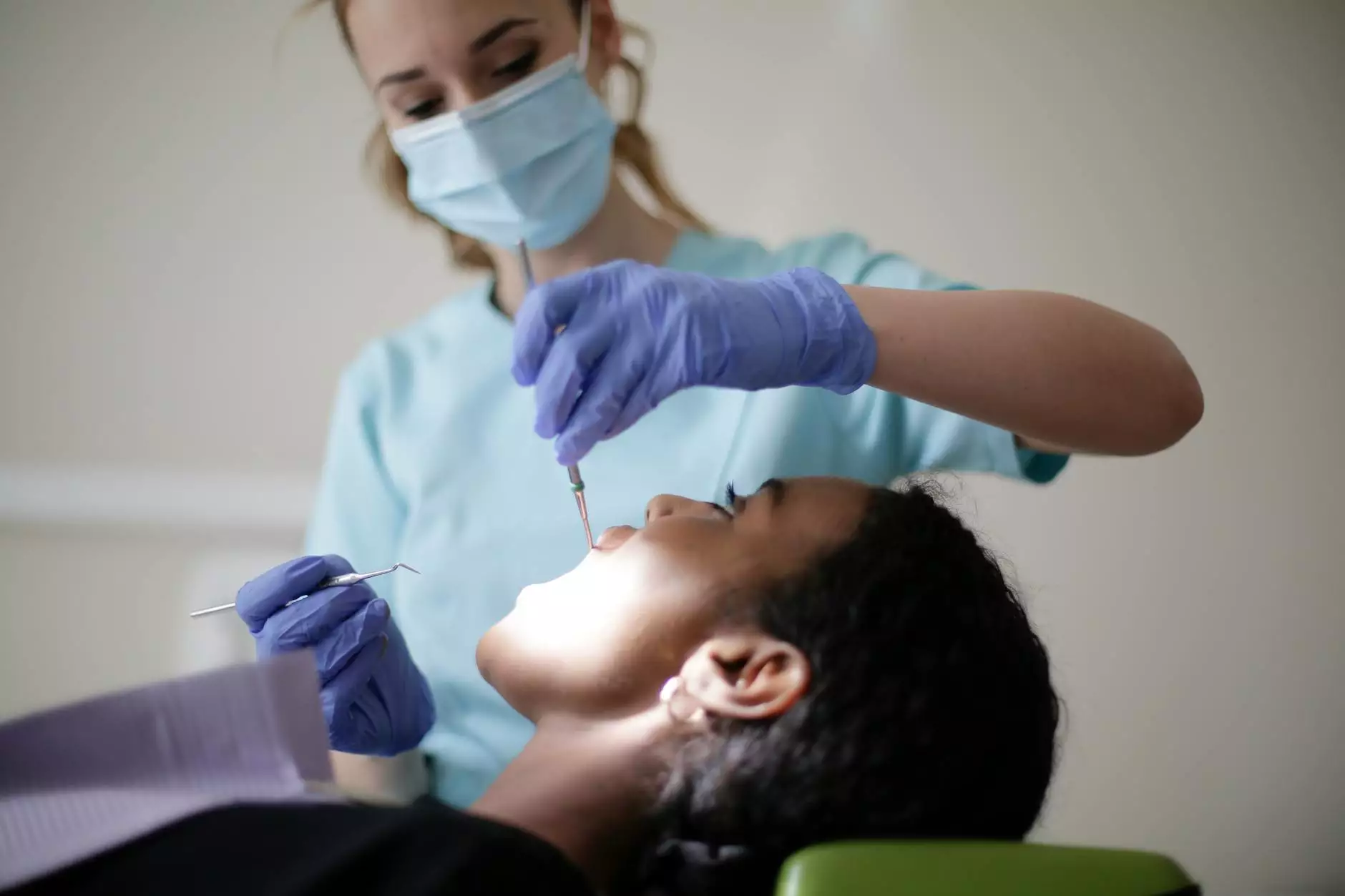The Rare Genetic Disorder that Affects Teeth
Blog
Understanding the Genetic Disorder
In the world of dentistry, there are numerous conditions and disorders that can affect the health and appearance of a person's teeth. One such example is a rare genetic disorder that specifically impacts the development and structure of teeth. This disorder, which is caused by an inherited genetic mutation, can lead to various dental abnormalities and challenges for those affected.
Signs and Symptoms
The signs and symptoms of this rare genetic disorder can vary from person to person, but often involve a wide range of dental issues. Some individuals may experience abnormally small teeth, referred to as microdontia, while others may have missing teeth, known as hypodontia. Additionally, enamel defects and irregular tooth shape are common characteristics of this disorder. These dental abnormalities can have a significant impact on both the functionality and aesthetics of the affected individual's smile.
Causes and Diagnosis
The primary cause of this genetic disorder is a mutation in specific genes that are responsible for tooth development. The condition is typically diagnosed through a combination of clinical examinations, dental X-rays, and genetic testing. Identifying the specific gene mutation can help in understanding the severity and potential complications associated with the disorder.
Treatment and Management
While there is currently no cure for this rare genetic disorder, there are various treatment options available to manage its effects and improve oral health. As a specialized dental practice in the field of genetic dental disorders, Hera Z Blazer, DDS offers a range of dental services tailored to meet the unique needs of individuals with this condition.
1. Dental Restorations and Prosthetics
Our team of skilled dental professionals can provide customized dental restorations and prosthetics to address the specific dental abnormalities caused by the genetic disorder. Whether it's the fabrication of dental crowns, bridges, or dentures, we ensure that each restoration is carefully designed to restore both function and aesthetics.
2. Orthodontic Treatment
Orthodontic interventions, such as braces or aligners, may be recommended to correct misaligned teeth and improve overall bite alignment. This can enhance the individual's ability to chew properly and maintain good oral hygiene.
3. Regular Dental Monitoring
Due to the progressive nature of this genetic disorder, regular dental check-ups and monitoring are essential. Our dental team at Hera Z Blazer, DDS will closely monitor the condition, provide preventive care, and address any emerging dental concerns promptly to ensure optimal oral health.
4. Oral Hygiene Education
We believe that education plays a crucial role in managing this rare genetic disorder. Our dental professionals will provide comprehensive oral hygiene guidance specifically tailored to individuals with this condition. This includes proper brushing and flossing techniques, the use of specialized dental products, and dietary recommendations to promote optimal oral health.
Conclusion
The rare genetic disorder that affects teeth can pose significant challenges for those diagnosed with it. However, with the expert care and specialized services provided by Hera Z Blazer, DDS, individuals can receive the support they need to manage the condition and maintain a healthy, confident smile. Contact us today to schedule a consultation and discover how our dental services can make a positive difference in your dental health journey.
Disclaimer
Please note that the information provided in this article is for educational purposes only and should not replace professional medical or dental advice. It is always recommended to consult with a qualified healthcare provider for personalized diagnosis and treatment.










